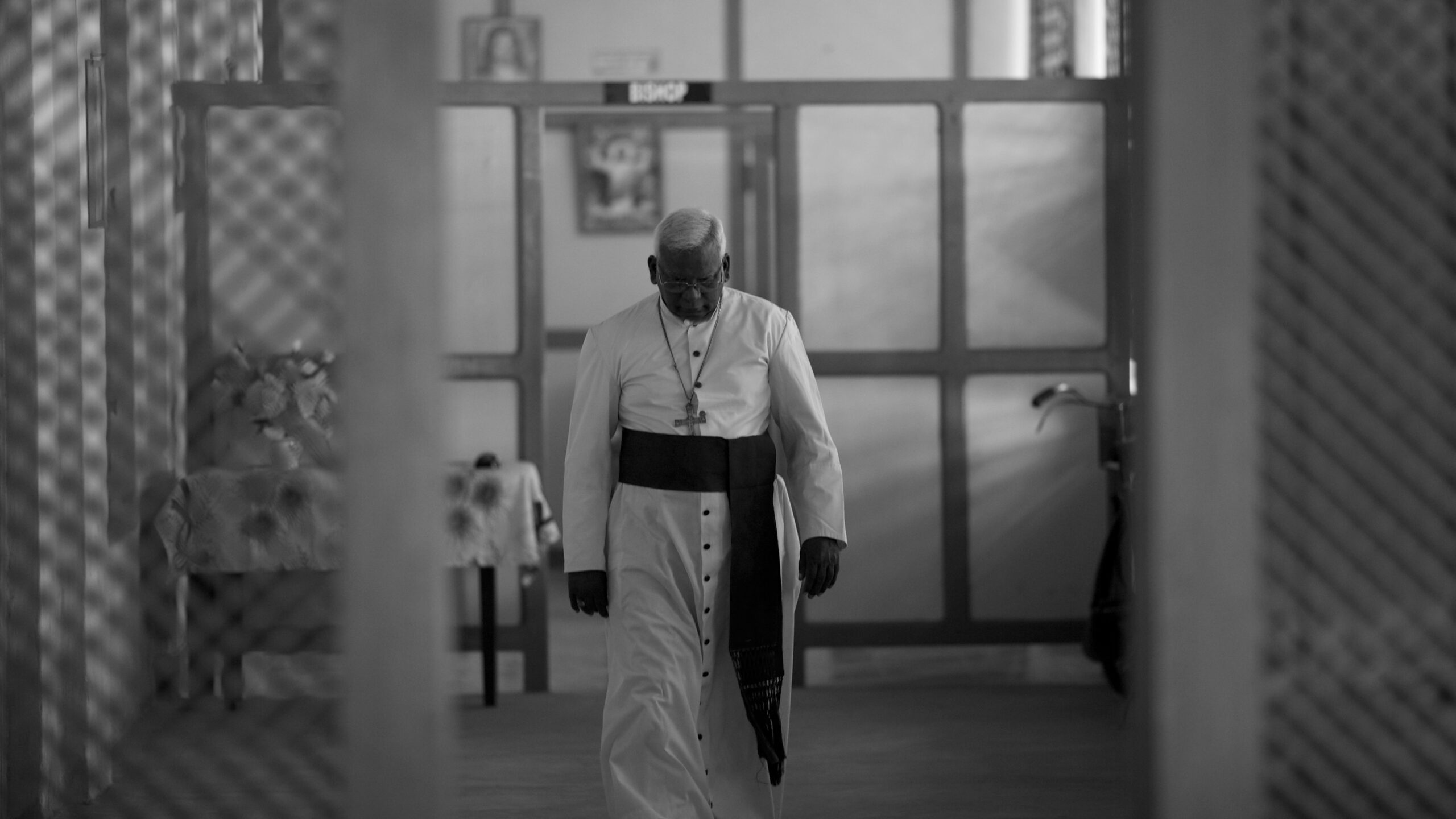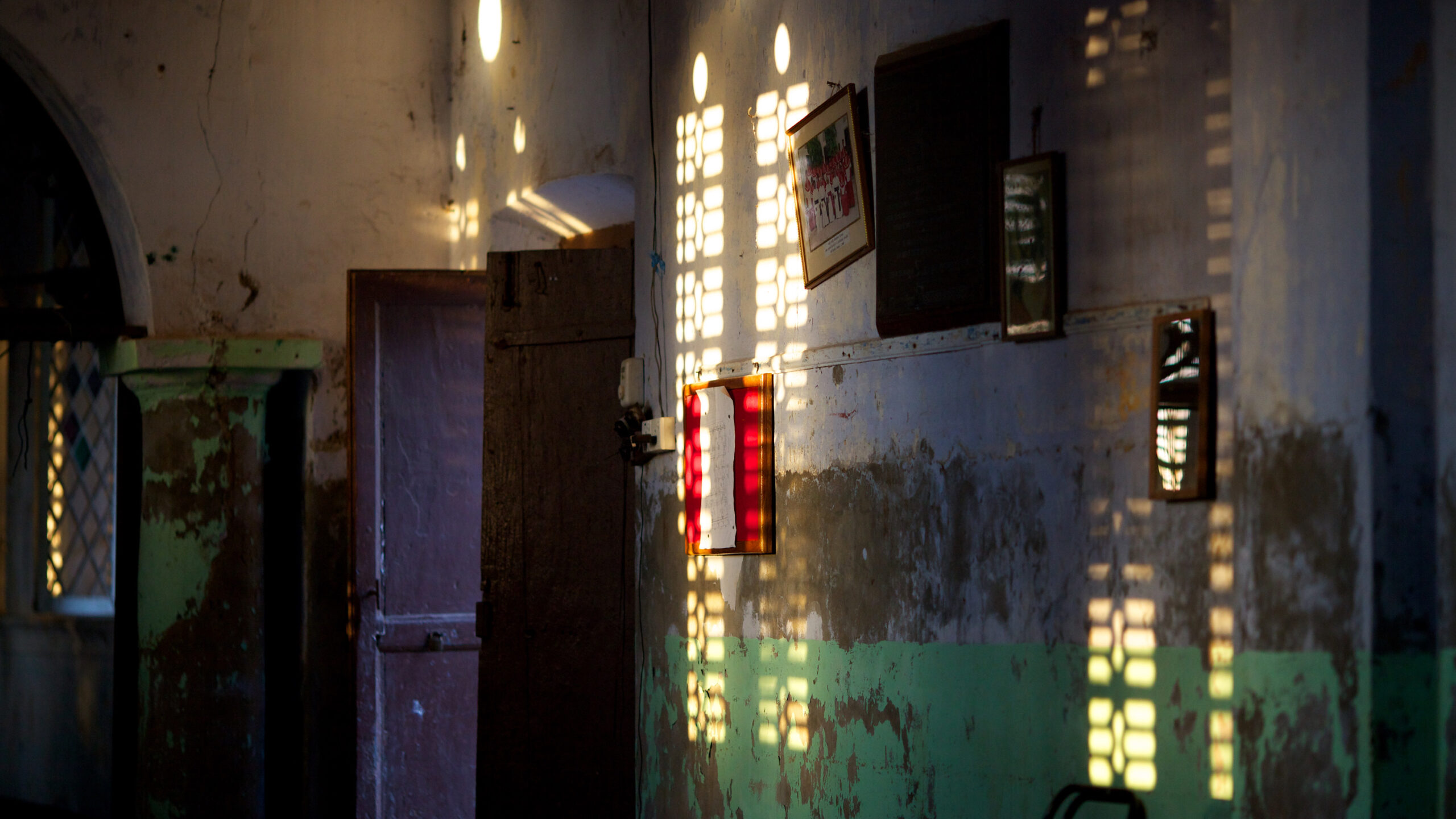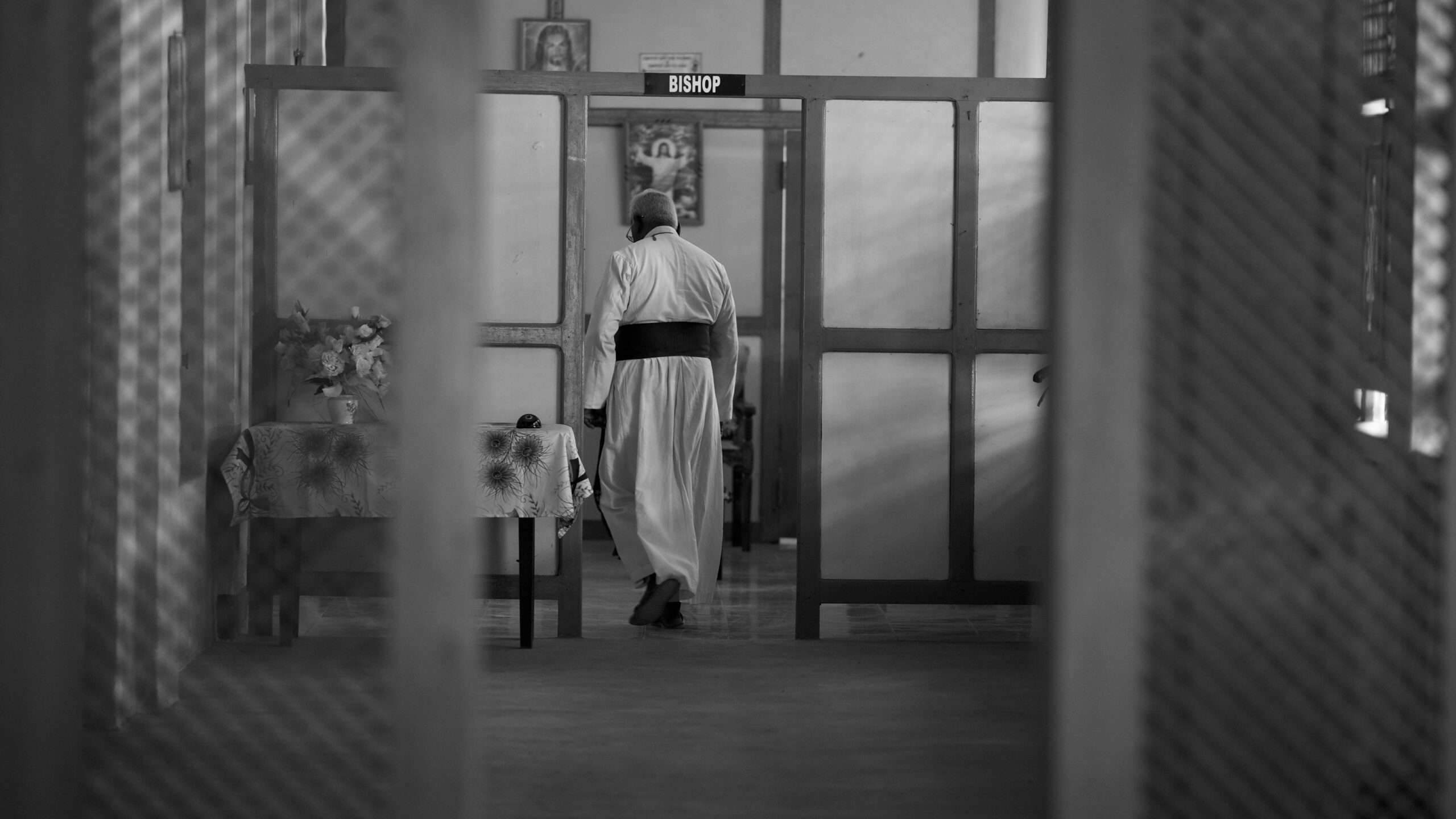

Transcript and translations
Language
Subjects discussed
There was no anxiety, there was no conflict
My hometown is Kayts… the island of Kayts. Just across. Our ancestral home is still there. God has in a way blessed us. We were never in want and all those things.
But somehow or other I had a cousin of mine who long ago had become a priest. He dedicated his life to God. And so that also made an impression on me. So I also decided to become a priest.
Though being an only son, but nevertheless I made that decision.
Kayts is a very rural area and we had our own Catholic college there, St Anthony’s College. Then I joined St Patrick’s College, then St Martin’s Seminary…minor seminary here. At the time the life was very quiet; there was no anxiety, there was no conflict, there was no competition. Not like that sort.
We grew up in an atmosphere where it was very calm and quiet, there was no ethnic strife. When we studied at St Patrick’s College, even Sinhalese students were studying with us from the south. And the medium of instruction was in English, therefore we all studied together. And between the south and the north, the people were moving around and we had the Yal Devi train functioning. And in the morning you get into the train and by evening you are there in Colombo. Same in Colombo also, you are here the following morning. So there was a lot of communication between the south and the north.
Here among the Christians ourselves there was much more communion because the Sinhalese also used to come to Madhu Church in large numbers and we also used to meet them and worship together and so we felt we were one family.
I grew up here and I was a priest working here in Jaffna. From 1981 onwards I was the bishop of Mannar, the first bishop of Mannar. Then in 1992 when our former Bishop Deogupillai retired, I was requested by Rome to take charge of the diocese of Jaffna.
(Laughs) In the church nobody becomes a bishop because he wants to become a bishop. We are chosen to become a bishop. Then you say yes or no. No one has the freedom to say yes or now. So not by your choice you are made a bishop. You are made a bishop.



Comments
Leave a comment